When she was 11 years old, Ella Weisberger got her first starring role, playing the cat in a children’s opera called, "Brundibar."
But Weisberger didn’t perform in a grand concert hall; instead she sang in the barracks of Terezin, the "model" concentration camp that the Nazis set up in Czechoslovakia for artists and intellectuals.
"Brundibar" ended up being performed 55 official times in Terezin, and in countless other impromptu performances in the camp’s halls and barracks. A charming folktale where good triumphs over evil, this children’s opera became a symbol of resistance and hope for many of the 144,000 Jews interned in Terezin, most of whom were murdered before the end of the war.
Today, "Brundibar" is experiencing a revival of sorts. It is the title and story of a new children’s book written by Tony Kushner, with illustrations by Maurice Sendak (Hyperion Books for Children), and this weekend, the Jewish Community Foundation and the Dwight Stuart Youth Foundation sponsored Youth Opera Camp of Santa Monica College Conservatory will be performing the opera at the Miles Memorial Playhouse and Simon Wiesenthal Center.
"We have been taking the kids through a real journey understanding the social relevance of this piece," said Adam Phillipson, the special projects coordinator for Santa Monica College. "The theme of the opera is overcoming a bully, which is how we made it relevant for them, but we also wanted them to understand its historical relevance."
Hans Krasa composed the music of "Brundibar," and Adolf Hoffmeister wrote the lyrics in 1938 for a competition of the Ministry of Education and Culture in Czechoslovakia. According to some accounts, the impending war prevented the competition from taking place; others say that Krasa and Hoffmeister never got their prize because they were Jews. In 1939 when the Nazis invaded, Jews were prevented from participating in public activities. Krasa took his opera to a Jewish orphanage in Prague, where it had its first performance. In 1943, Krasa and the orphanage boys were shipped to Terezin, and his opera was smuggled into the camp in a suitcase. The opera was a favorite there. It was performed for a visiting Red Cross delegation in 1944, and a performance became part of the Nazi propaganda film, "The Fuhrer Presents the Jews With a City."
"Brundibar" is the story of two children who are trying to buy milk for their sick mother but have no money. They notice people giving coins to Brundibar (Czech for bumblebee), the mean old organ grinder. The children try their hand at singing, but nobody hears them over Brundibar’s racket. Out of frustration they start imitating Brundibar, who runs them out of the market. At night, a sparrow, cat and dog join the children to look after them, and advise them that strength lies in numbers. In the morning, a chorus of schoolchildren join them, and together, their voices are loud enough to drown out Brundibar. Villagers drop coins into their bucket, but then a jealous Brundibar runs away with it. The children chase him, get their bucket back and the opera ends with a song of victory.
"Music was part of the resistance against the Nazis," said Weisberger. "When we sang the finale of this little opera, Brundibar was like Hitler and [the message was] we will overcome him and we will win the war against him, and I believe the audience understood it. They would clap, and we would sing it again several times."
Now, 60 years later, the experience of "Brundibar" is still a bittersweet but happy one. It is both a reminder of prejudice and an escape from it. In the Sendak book, scattered among the brightly colored illustrations are Jews wearing the yellow star and even a Jewish cemetery. The opera camp took its 37 aspiring singers on a tour of the Museum of Tolerance and its Children of Terezin exhibit so they could better understand the historical context of the opera. Yet the specter of the Holocaust did not preoccupy the rehearsals of the opera itself.
"It should be playful," said director Eli Villaneuva to the singers during rehearsal, as they flexed their nimble bodies to look like the animals of the script. "You should feel like this is all pretty silly."
But the performers were aware of the significance of the opera. Eight of the 37 opera campers, who come from all over Los Angeles, are Jewish, and several of them had relatives who went through the Holocaust.
"I am continuing the legacy [of those who died] you might say," said Dana Edelman, 13, from El Segundo Middle School, whose great-great aunts and uncles were killed in the Holocaust. "It was really cool that ‘Brundibar’ had been performed by kids, and it was their way of being unified."
Weisberger said, "’Brundibar’ was our life."
"Brundibar, A Children’s Opera" will be performed Dec. 5 at noon and 7 p.m. at Miles Memorial Playhouse, 1130 Lincoln Blvd., Santa Monica, (310) 434-3431; and on Dec. 7 at 1:30 p.m. at the Museum of Tolerance, 9876 Pico Blvd., Los Angeles, (310) 772-2452.






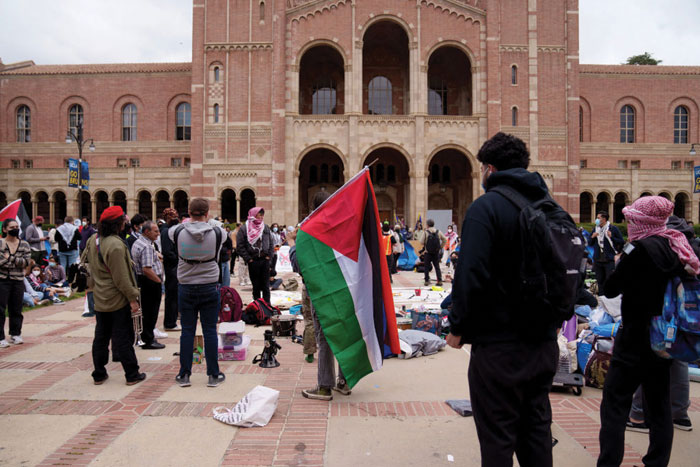


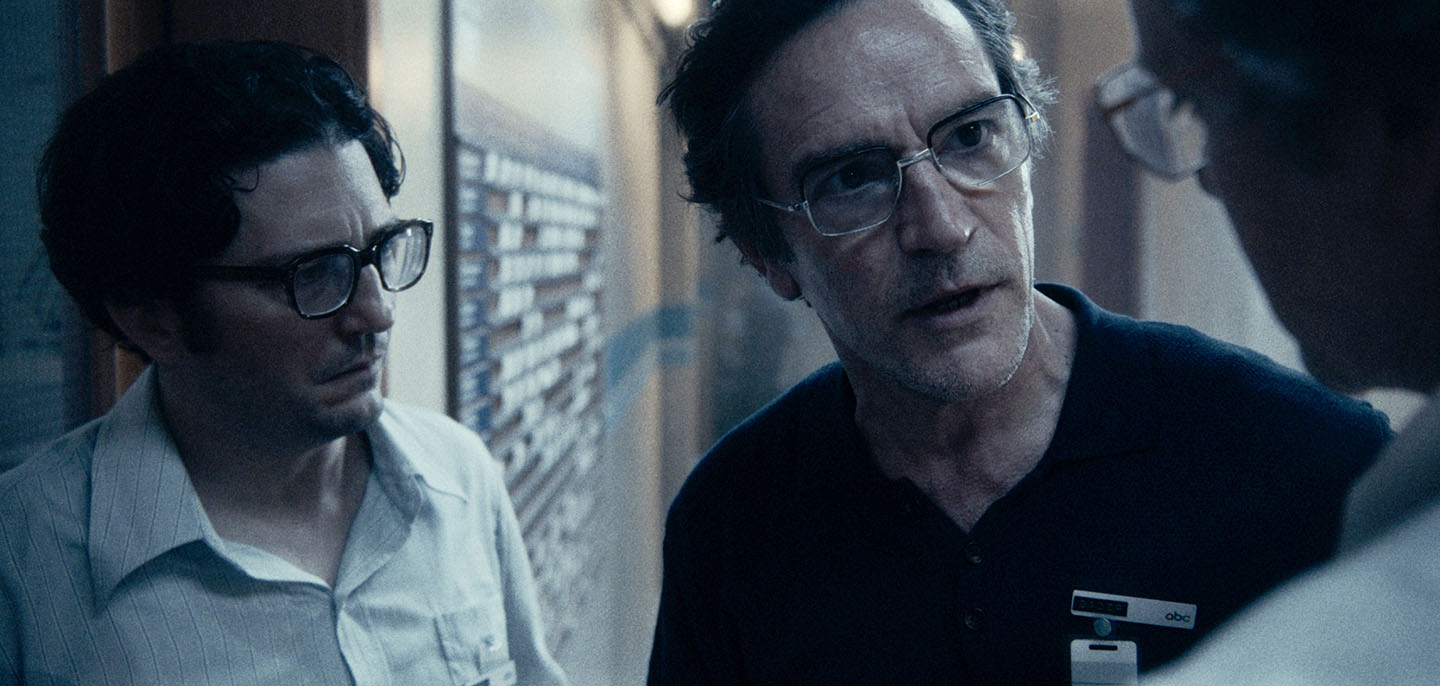



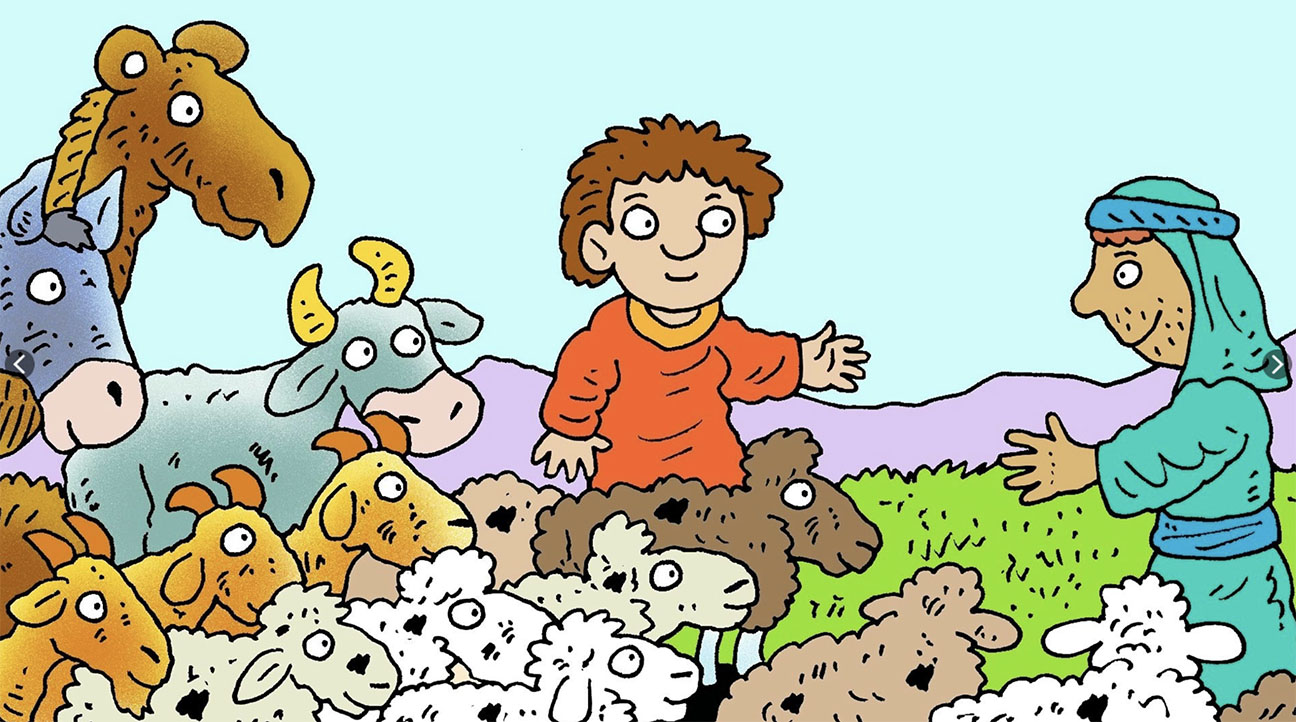
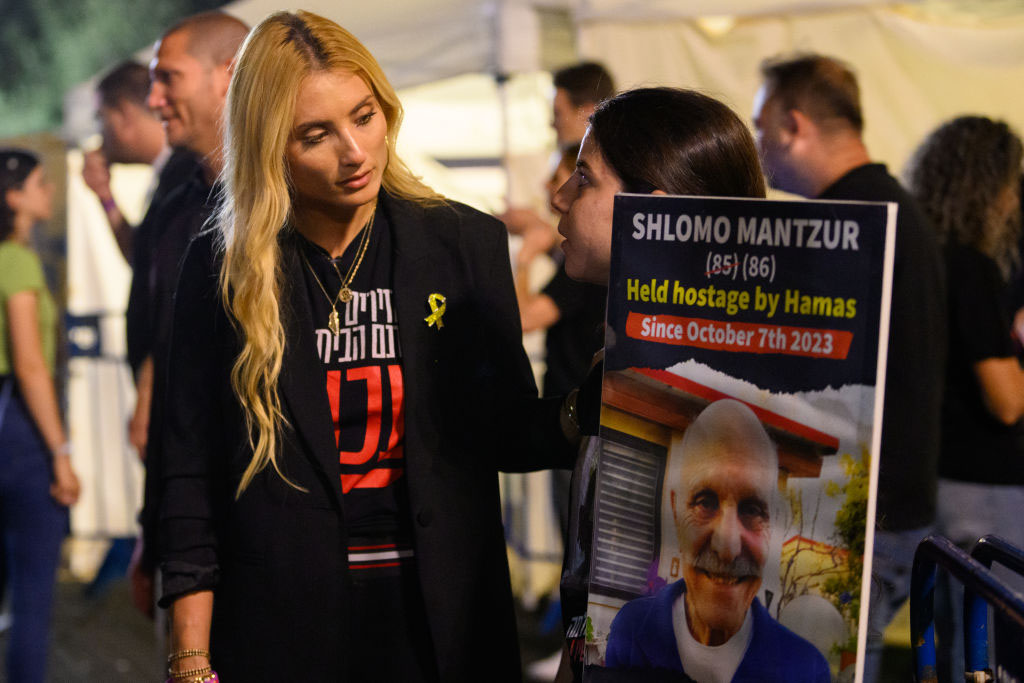
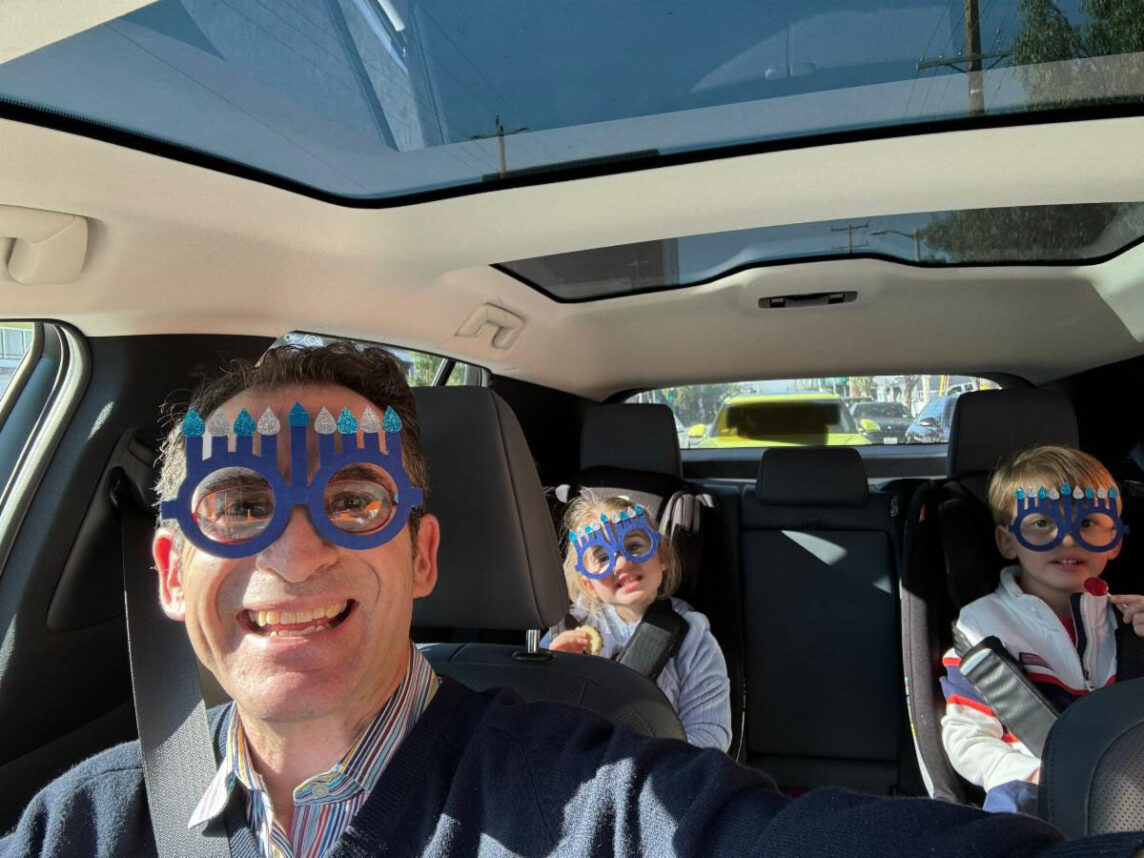





 More news and opinions than at a Shabbat dinner, right in your inbox.
More news and opinions than at a Shabbat dinner, right in your inbox.